Key issues ahead of 2024 Olympics
The 2024 Summer Olympics will begin in Paris in 500 days on Tuesday, when the teams will float down the Seine on barges in a one-of-a-kind opening ceremony.
The Olympics and Paralympics in Paris have a lot riding on them; they involve the return of large crowds to the world's greatest sporting spectacle after the Covid-plagued Summer Games in Tokyo in 2021 and the Winter Olympics in Beijing last year.
Furthermore, the Games' spending is being scrutinised like never before, with venues centred on Seine-Saint-Denis, France's poorest region.
And the buildup is being hampered by the conflict in Ukraine and its consequences for competitors from that country, Russia, and its ally Belarus.
The following are the major issues that must be resolved before the Games begin on July 26, 2024:
- Will Russians participate?
The International Olympic Committee's suggestion that it wants to find a "pathway" for athletes from Russia and its ally Belarus to compete as neutrals in Paris came a step closer on Friday when the International Fencing Federation announced that its events would be open to Russians again.
Ukraine has threatened to boycott the Games if its athletes are forced to compete alongside their aggressors while their country is being bombed from the air and shelled by Russian tanks.
IOC President Thomas Bach has forwarded the decision to individual sport federations such as fencing.
Thirty countries, including the United States, have asked the International Olympic Committee for "clarification" on how Russian athletes will be able to compete in practise.
- Concerns about ceremony plans
The plans to move the opening ceremony from its traditional stadium location to the River Seine, framed by the Eiffel Tower and other monuments, are causing an organisational headache and have raised security concerns.
The original plan called for up to 600,000 spectators along the Seine's banks, but political sources say that figure could be reduced.
Private security firms are struggling to find enough personnel, raising the question of whether the army will be called in, as it was for the London Olympics in 2012.
Interior Minister Gerald Darmanin says it is "too early to say" while Etienne Thobois, the director general of the 2024 organising committee says "all scenarios are on the table".
- Transportation problems -
Will the Paris transportation system, which has been plagued by staff shortages and sporadic strikes in recent months, be ready to move millions of people around the city for the Olympics?
RATP, the network operator now led by former Prime Minister Jean Castex, is under extreme pressure.
There are serious doubts about whether a key metro line extension to the Athletes' Village will be completed, and a significant shortage of bus drivers is also raising concerns.
Paris' airports, which are still working to regain full capacity following the Covid pandemic, are in a race against time to prepare for a massive influx of international competitors and spectators.
- Ticket policy criticism
People complained that the initial ticket sales phase was too expensive and that they were forced to buy tickets for minor sports if they also wanted to see popular events like athletics and gymnastics.
The prices, according to the organisers, are in line with the London Olympics.
Chief organiser Tony Estanguet insisted the first stage had been a success "even if we understand the criticism and the frustration of some people who were not satisfied".
- Budget scrutiny
Last year, the organising committee's budget increased 10% to 4.4 billion euros ($4.7 billion), with private funding accounting for 96% of the total. Add another 4.4 billion euros for Solideo, the body in charge of facility construction, and the total budget is 8.8 billion euros.
Local politicians in the impoverished Seine-Saint-Denis district are keeping a closer eye on the spending than anyone else.
"When the Olympic flame is extinguished, residents here will not be asking (Paris Mayor) Anne Hidalgo, (President) Emmanuel Macron, or Tony Estanguet for accountability; they will be asking me," said Stephane Troussel, the area's head.

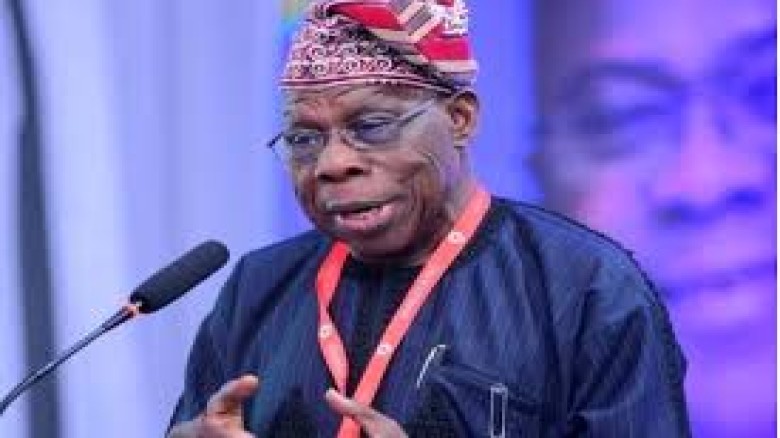
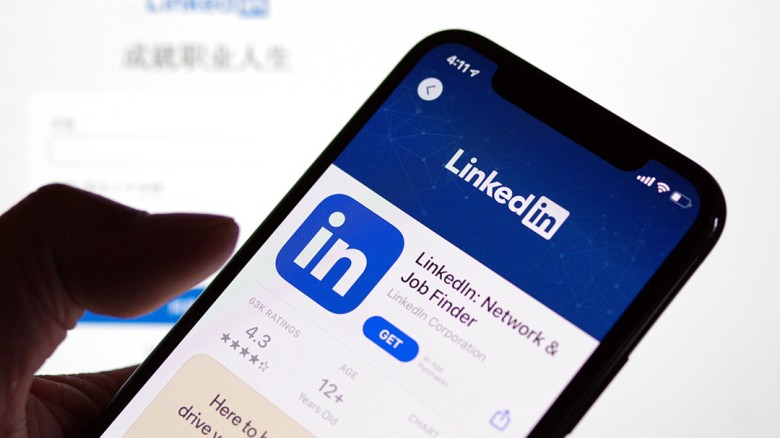
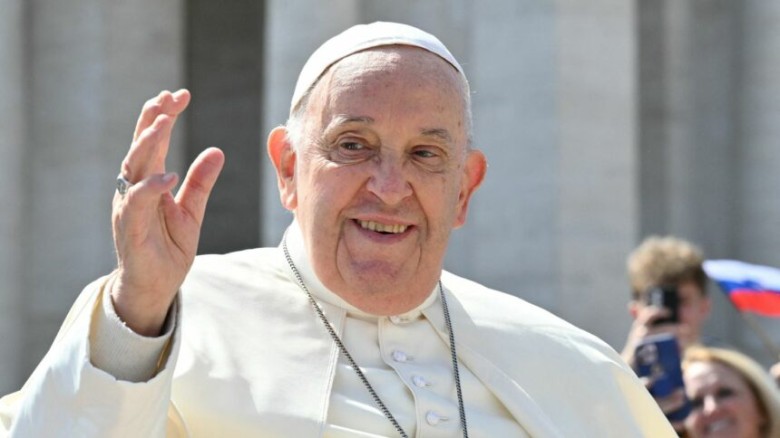
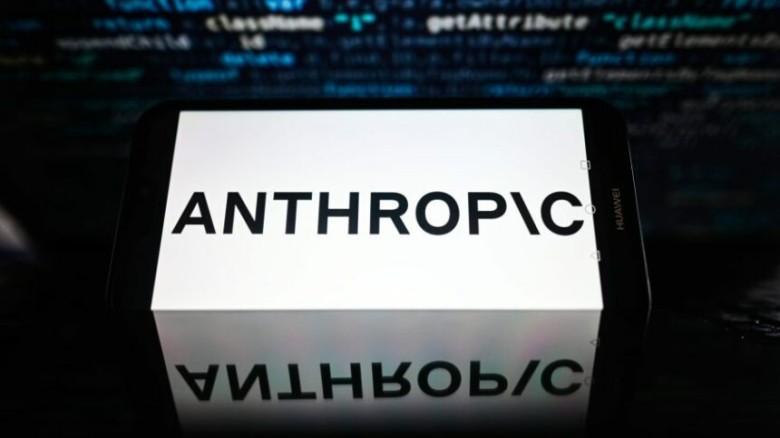
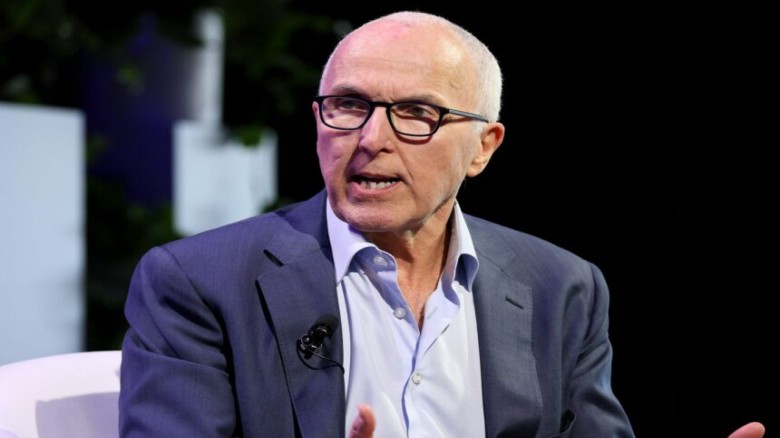
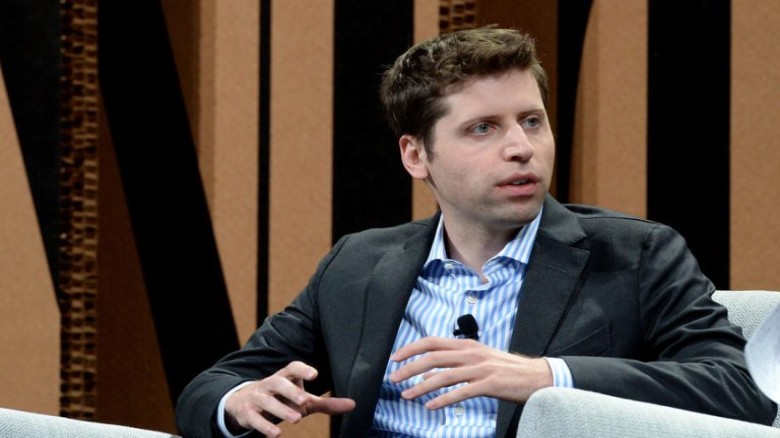


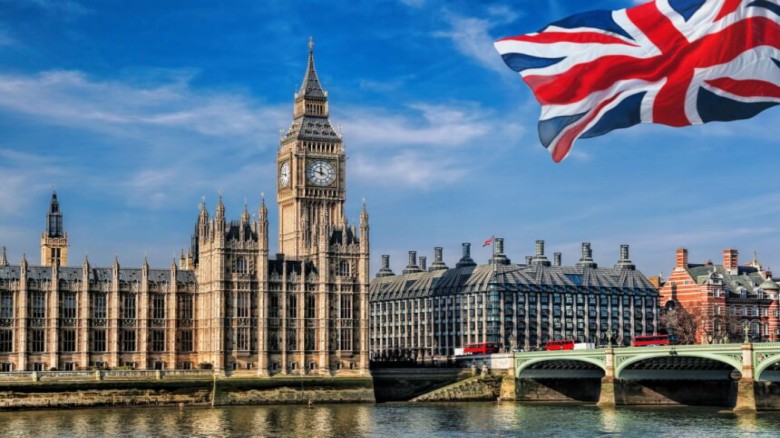
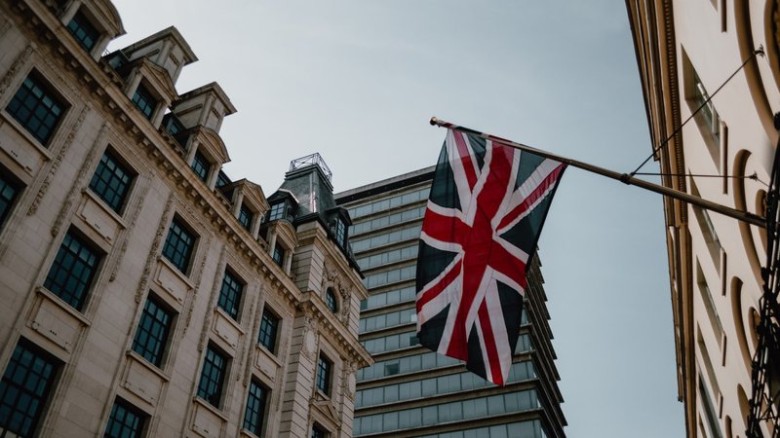
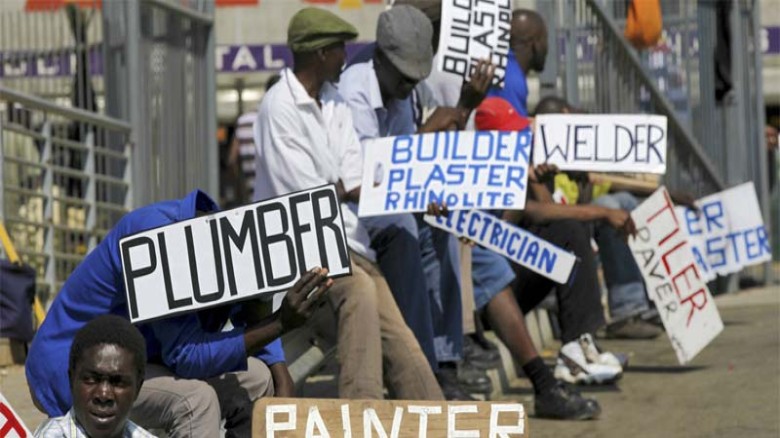
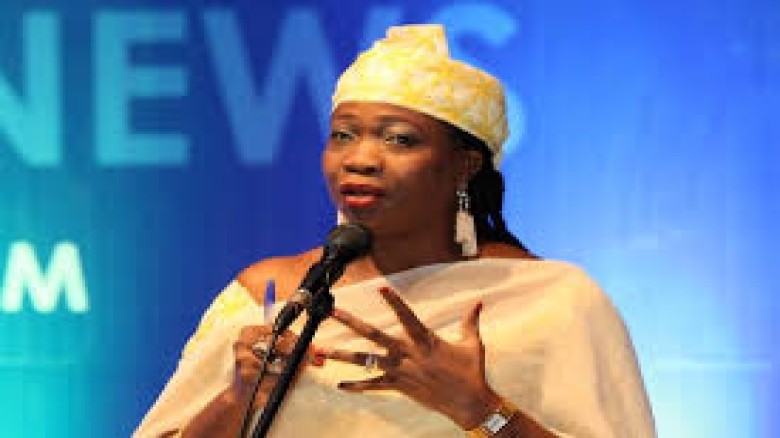





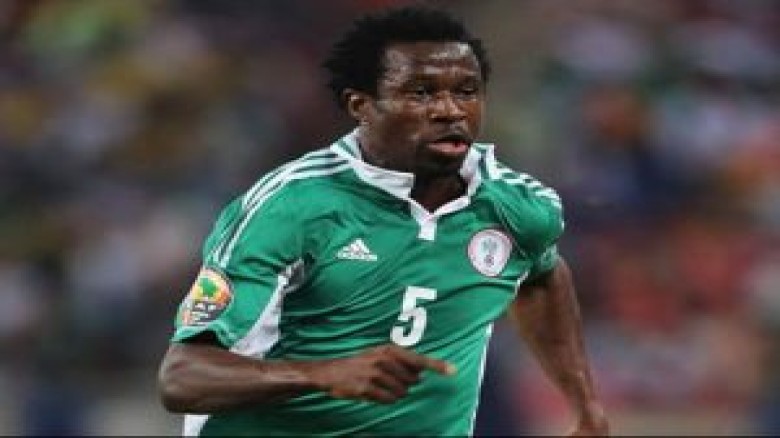





Leave A Comment